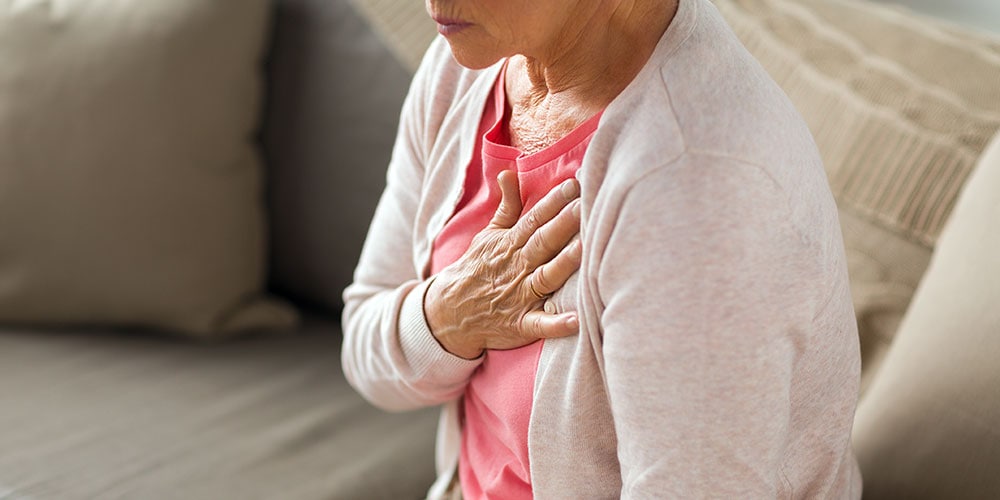All About Cholesterol
(modified from American Diabetes Association Toolkit No. 6, www.diabetes.org.)
If your levels are off target, your risk for heart disease, heart attack, and stroke goes up. Managing blood fats involves changing some of your food choices and increasing your activity. Sometimes medicine might be needed. Cholesterol is also affected by blood pressure and blood glucose. If your blood glucose and blood pressure are high, it’s likely that your cholesterol numbers may be off as well.
There are several kinds of fats in your blood.
- LDL cholesterol or bad cholesterol. It can narrow or block your blood vessels. Blocked vessels can lead to a heart attack or a stroke.
- HDL cholesterol or good cholesterol. It helps remove deposits from the insides of your blood vessels and keeps your blood vessels from getting blocked.
- Triglycerides are another kind of fat. High triglycerides raise your risk of a heart attack or stroke.
What are the recommended targets for blood fats?
Blood fat |
Targets |
| LDL cholesterol |
Below 2.6 mmol/L (young, new and low-risk) Below 1.8 mmol/L (≥ 10 years and additional risk factor) Below 1.4 mmol/L (with complications and multiple risk factors) |
| HDL cholesterol | Above 1.0 mmol/L (for men) |
| Above 1.3 mmol/L (for women) | |
| Triglycerides | Below 1.7 mmol/L |
How will I know if my blood fat levels are off target?
By doing a blood test. It is recommended that you have your levels checked at least once a year if you have diabetes or more often if your fat numbers are off-target.
What treatments are recommended?
Both lifestyle changes and medicines help control blood fats. Treatment differs from 1 person to the next. Some people can reach their blood lipid targets with lifestyle changes while other people need lifestyle changes plus medicines. Work with your healthcare providers to find a treatment that is right for you.
What can you do to improve your numbers?
- Quit smoking.
- Lose weight if needed.
- Exercise most days of the week. Brisk walking for 30 minutes a day, 5 days a week is a good goal.
- Switch to a diet low in fat, trans fat, and cholesterol.
- Your doctor may also prescribe cholesterol lowering medicine.
Medicines
Not everyone takes the same blood fat medicine and many people take more than 1 kind. The ones you take will depend on your blood fat levels and other factors.
- Statins: lower LDL cholesterol, boost HDL levels, and lower triglyceride levels. Studies have shown that they are the best type of medicine for lowering LDL cholesterol.
- Fibric acid derivatives, also called fibrates: lower triglycerides and raise HDL levels. They may either lower or raise LDL cholesterol, or not affect it at all.
- Cholesterol absorption inhibitors: lower LDL cholesterol and triglycerides and raise HDL levels.
- Nicotinic acid, also called niacin: lower triglycerides, raise HDL levels, and lower LDL cholesterol.


